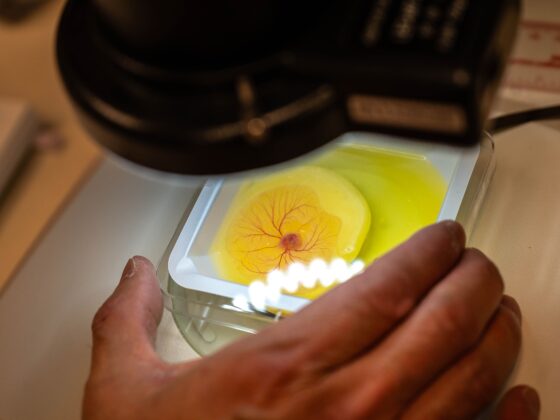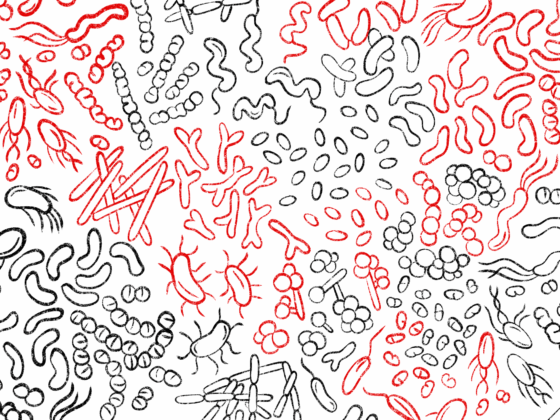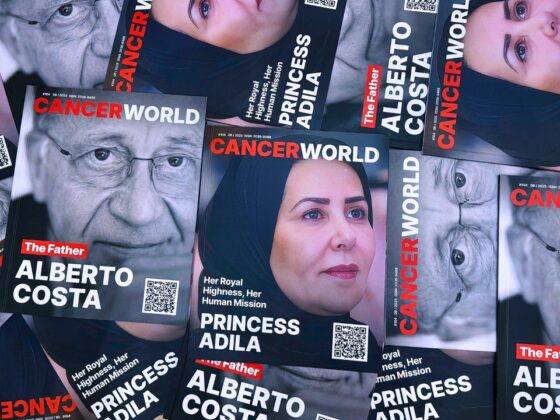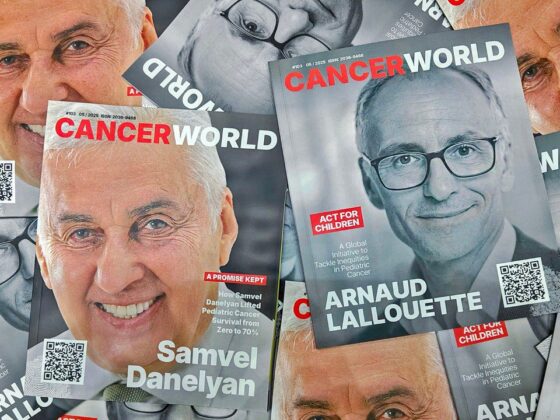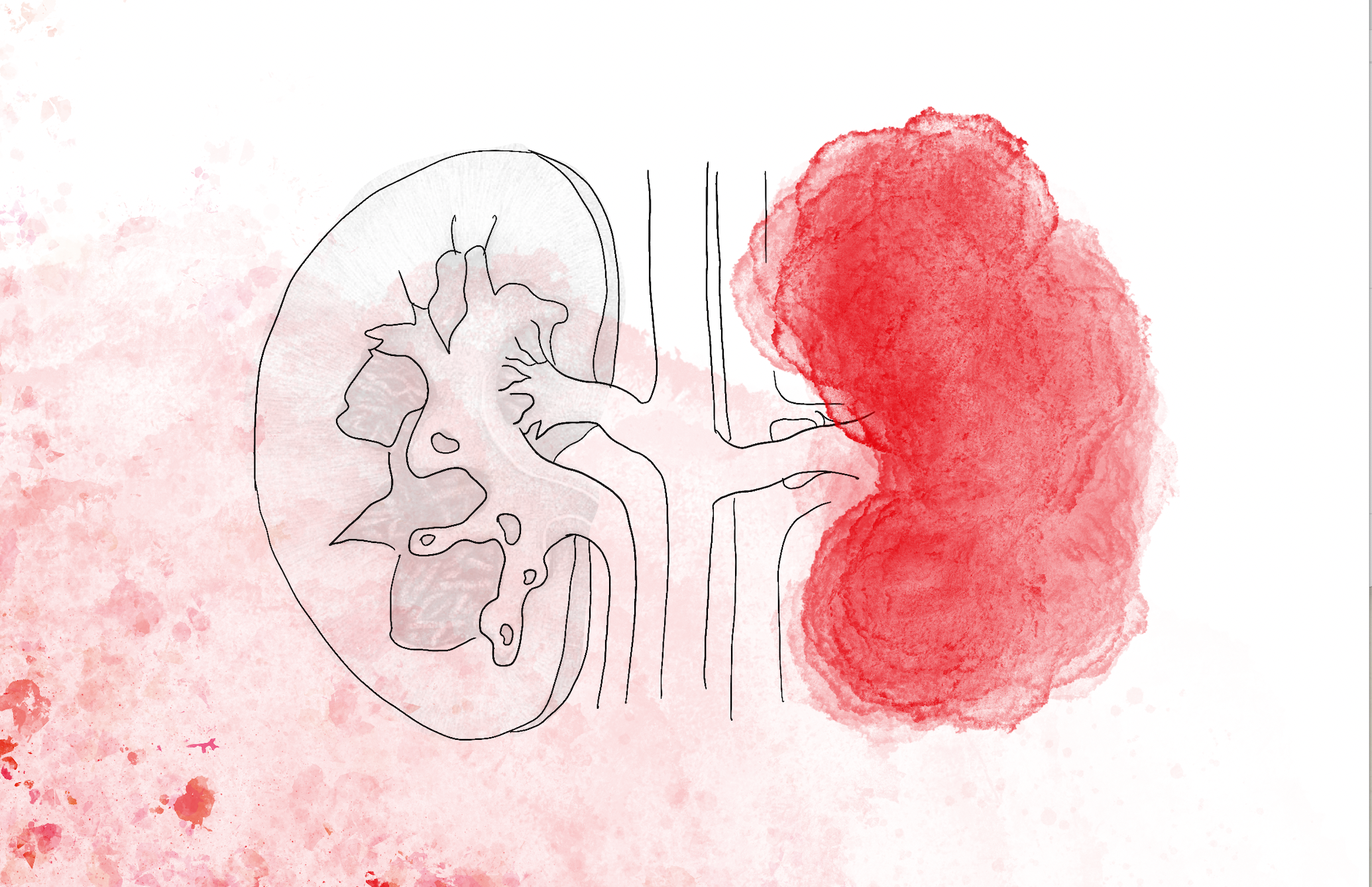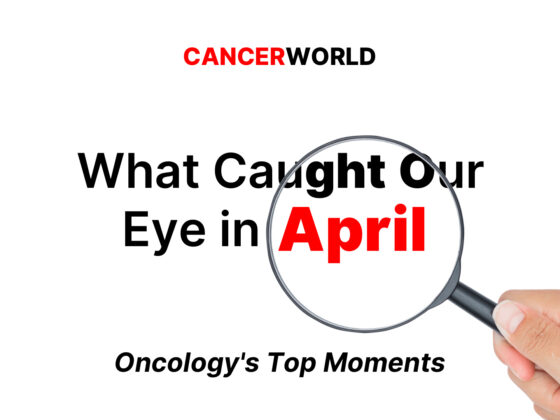Common Blood pressure drugs may improve survival in colorectal cancer (CRC). The study, published in Cancer Medicine, (August issue), showed use of Angiotensin Converting Enzyme (ACE) inhibitors, beta blockers and thiazide diuretics were all associated with decreased cancer specific mortality. Furthermore, the investigators found associations between adherence to antihypertensive (AH) medications and cancer specific survival.
Hypertension represents one of the most significant comorbidities encountered by cancer patients, with a study suggesting new-onset hypertension occurs in around one third of cancer patients. Preclinical studies have led to suggestions that strategies normalizing tumour vasculature function and hypoxia in the tumour microenvironment might optimize different cancer treatments. One suggested scenario is high microvascular hydrostatic pressure combined with poor lymph drainage contributes to low blood flow through tumours leading to poor delivery of therapeutic agents and worse outcomes. Although high blood pressure is common among CRC patients, little research has been undertaken into effects of AH medications on outcomes.
In the current study, Rajesh Balkrishnan (University of Virginia, Charlottesville, VA) and colleagues (from the University of Virginia Augusta [UVA] Cancer Center and Universidade de São Paulo Instituto do Câncer) undertook a retrospective analysis evaluating whether AH medications confer protective benefits in CRC. The team used the Surveillance, Epidemiology, and End-Results (SEER) Medicare database to review outcomes of 13,982 patients aged 65 and older diagnosed with stage I-III colorectal cancer between January 2007 and December 2012. The association between AH drug use and cancer mortality was examined using the Cox proportional hazards regression model to produce hazard ratios (HRs). (HRs) and Part D prescription claims were used to evaluate adherence. Patients taking AH medications prior to diagnosis and those with Stage 0 (that have yet to be staged) and Stage IV (that have already metastasized) tumours were excluded from the analysis.
Results showed use of AH drugs were associated with decreased cancer-specific mortality (HR: 0.79, 95% CI: 0.75-0.83), with results for specific medications showing ACE inhibitors (HR: 0.84, 95% CI: 0.80-0.87), beta-blockers (HR: 0.87, 95% CI: 0.84-0.91) and thiazide diuretics (HR: 0.83, 95% CI: 0.80-0.87). However, no association with CRC mortality was found in the case of angiotensin receptor blockers (ARBs) (HR 0.96, 95% CI 0.89-1.03), Furthermore, the team showed a relationship between adherence to antihypertensive medications and cancer specific survival. At follow-up, patients in the <80% adherence group had a CRC survival of 74% compared with 83.6% in the group with ≥ 80% adherence (HR:0.94, 95% CI:0.90-0.98).
“It is possible that AH drugs can help achieve better outcomes on cancer patients by both … interfering with tumour microenvironment and vasculature and also controlling blood pressure, but more research is needed to assess these correlations and potential shared mechanisms,” write the authors.
It will be important, they add, to investigate mortality in other cancers, such as gastric and bladder cancer, and to examine other substances, such as metformin, for potential onco-protective associations.
In the discussion, the authors highlight the role of the angiotensin-receptor blocker losartan, which one study showed to be potentially antiangiogenic in the maximally tolerated dose. Currently, a phase II clinical trial is recruiting pancreatic cancer patients to assess the impact of combining chemoradiotherapy and losartan with nivolumab (immunotherapy) on survival and the proportion of patients with R0 resection (defined as microscopically margin negative resection). Recently, a Norwegian study published in Acta Oncologica (online 2 August) found an indication in pancreatic cancer patients for lower mortality in statin and non-selective beta-blocker users.
Professor Andrew Tinker, Head of the Centre for Clinical Pharmacology at Queen Mary University of London, UK, commented, “It was particularly interesting to see the different effects of ACE inhibitors and ARBs on CRC mortality. This may be because ACE inhibitors have a known broader influence on cellular pharmacology; while ARBs act preferentially at the angiotensin receptor.”





